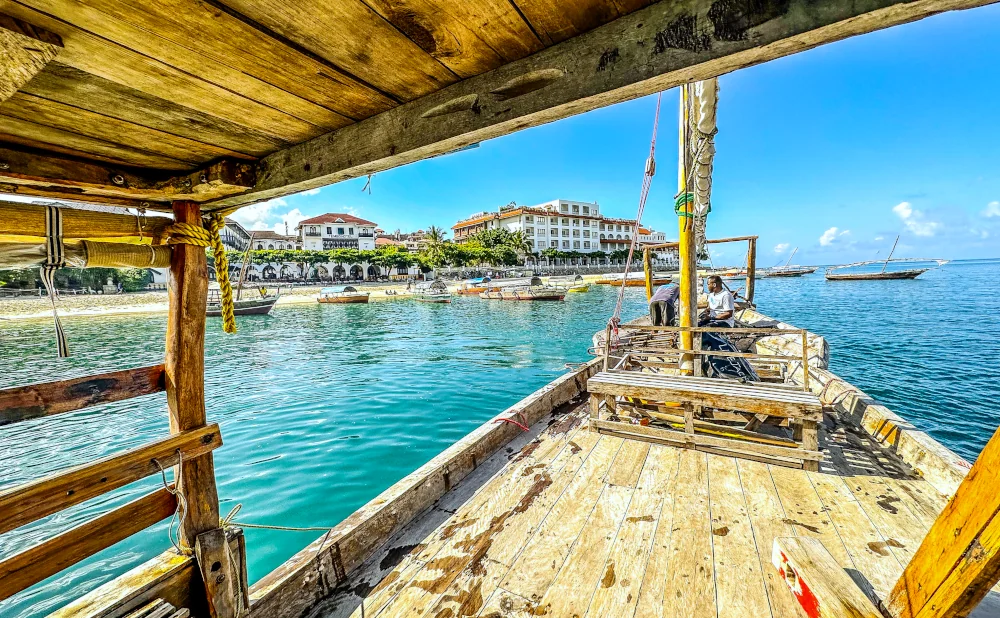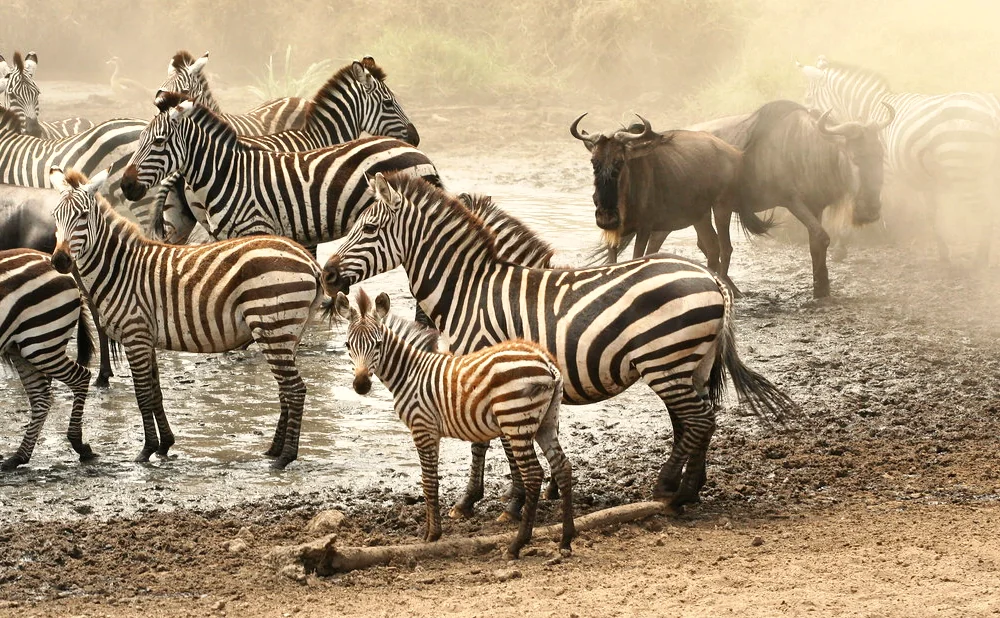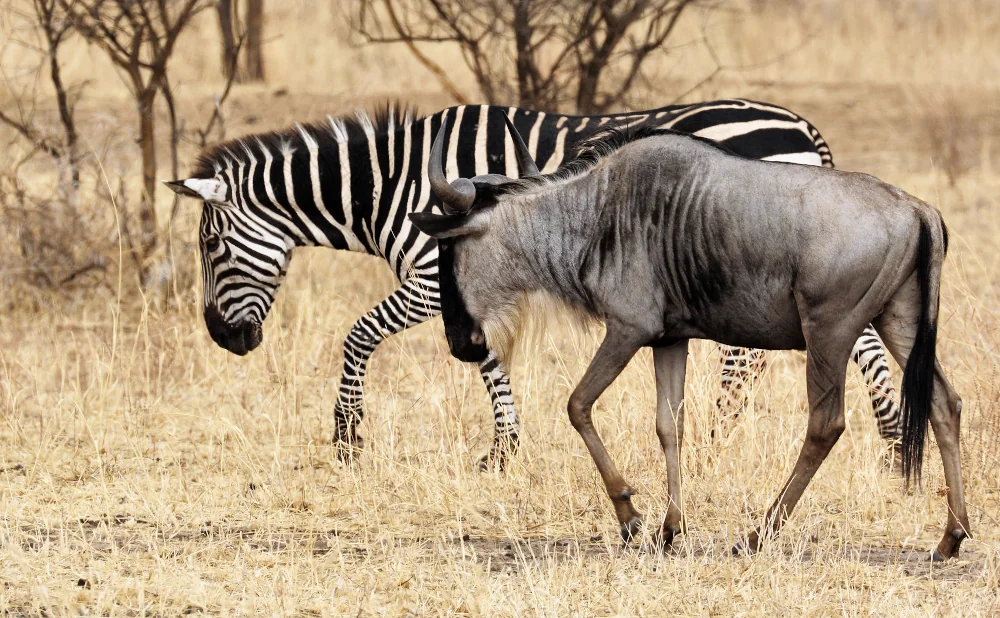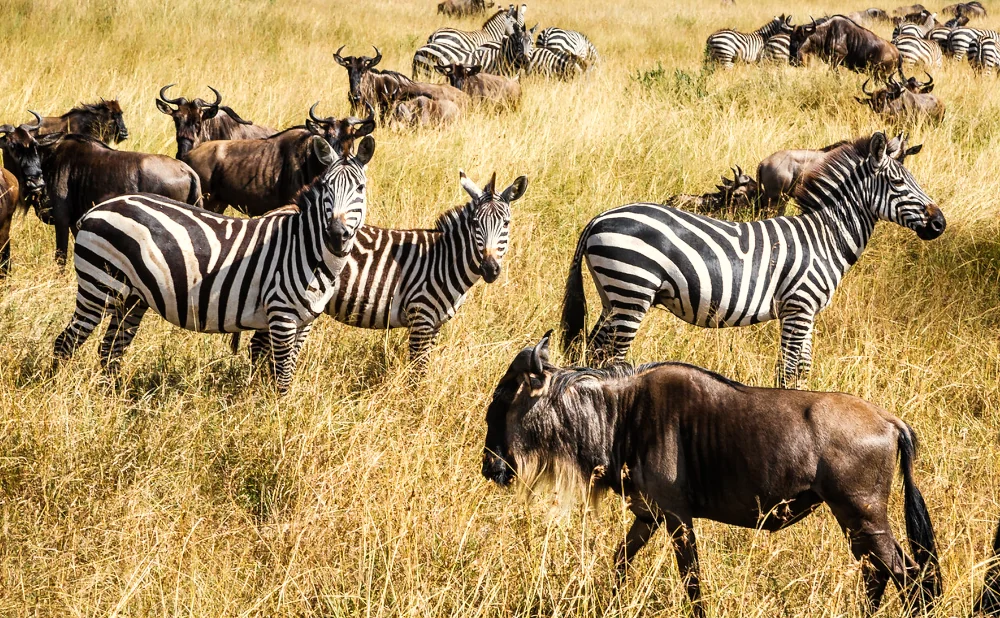what are people from tanzania called
What are people from Tanzania called? This question may seem simple, but the answer opens the door to a rich and diverse cultural tapestry.
People from Tanzania are known as Tanzanians. Yet, this term encompasses a multitude of ethnic groups, languages, and traditions.
Tanzania, located in East Africa, is a melting pot of cultures. It's home to over 120 recognized ethnic groups, each with its unique customs and languages.
Among these groups, a significant minority is the Indian Tanzanians. Their history and influence on Tanzanian society and cuisine are noteworthy.
Speaking of cuisine, Tanzanian food is a delightful fusion. It combines native African ingredients with Indian, Arab, and European influences.
In this article, we'll delve deeper into the identity of Tanzanians, exploring their ethnic diversity, language, and tantalizing cuisine.
Understanding Tanzanian Identity
Tanzanian identity is a complex blend of ethnic, linguistic, and cultural elements. The country's name itself, Tanzania, is a portmanteau of Tanganyika and Zanzibar, the two states that merged to form the United Republic of Tanzania in 1964.
The official languages of Tanzania are Swahili and English. Swahili, also known as Kiswahili, is the lingua franca, facilitating communication across different ethnic groups. English, on the other hand, is used in higher education, administration, and international business.
Tanzania's political stability has played a significant role in fostering cultural cohesion and national identity. The concept of "Ujamaa," meaning familyhood, was promoted by Tanzania's first president, Julius Nyerere. This form of African socialism emphasized community and collective responsibility, shaping the Tanzanian ethos.
The Tanzanian identity is also deeply intertwined with the country's natural heritage. Home to the Serengeti National Park, a UNESCO World Heritage Site, and a diverse array of wildlife, Tanzania's commitment to conservation is a key part of its national identity.
The Ethnic Tapestry of Tanzania
Tanzania is a mosaic of cultures, with over 120 ethnic groups recognized by the government. The largest ethnic group in Tanzania is the Bantu-speaking people, who are spread across various tribes and regions. They have significantly influenced the country's language, culture, and traditions.
Among the well-known ethnic groups are the Maasai. Recognized for their distinctive customs and dress, the Maasai are pastoralists who have managed to preserve their traditional way of life. Another unique group is the Hadzabe tribe, residing near Lake Eyasi. They are one of the last hunter-gatherer societies in Africa, offering a glimpse into a way of life that has largely disappeared.
Bantu-speaking peoples
Maasai
Hadzabe
A significant minority in Tanzania is the Indian Tanzanians. Their history in Tanzania dates back to the 19th century, and they have contributed to the economic, cultural, and social landscape of the country. The Indian Tanzanian community is a testament to the country's cultural diversity and inclusivity.
The Indian Tanzanian Community
The Indian Tanzanian community has a rich history dating back to the 19th century. They arrived as traders, laborers, and civil servants during the British colonial period. Over time, they have become an integral part of Tanzanian society.
Their influence is evident in various aspects of Tanzanian life, including its cuisine. Indian Tanzanians introduced spices and culinary techniques that are now integral to Tanzanian cuisine. This fusion of flavors is a testament to the multicultural fabric of Tanzanian society.
Language and Communication in Tanzania
In Tanzania, language serves as a unifying factor among its diverse ethnic groups. The country's official languages are Swahili and English, with Swahili being the lingua franca.
Swahili, also known as Kiswahili, facilitates communication across different ethnic groups. It's a Bantu language with Arabic influences, reflecting the country's historical trade connections. The widespread use and acceptance of Tanzanian Swahili make it the standard dialect for Swahili learners.
A Taste of Tanzanian Cuisine
Tanzanian cuisine is a delightful fusion of native African ingredients with Indian, Arab, and European influences. The country's agricultural diversity is reflected in its food, with common staples including maize, cassava, beans, and plantains.
Ugali, a stiff dough made from maize flour, is a popular Tanzanian dish. It's often served with a variety of soups and stews, showcasing the country's agricultural bounty. The use of spices like turmeric, cardamom, and cloves in Tanzanian cuisine reflects its historical trade connections, particularly with India.
Seafood dishes are prevalent in coastal regions and in Zanzibar, thanks to the abundant marine life. The use of coconut milk and fresh vegetables in these dishes adds a unique flavor profile that's distinctively Tanzanian.
Cultural Celebrations and Traditions
Tanzania is a country rich in cultural celebrations and traditions. These events often feature traditional dances, music, and food, providing a vibrant showcase of the country's diverse ethnic groups. One of the most significant cultural events is Tanzania's independence day, celebrated on December 9th, which marks the country's liberation from colonial rule.
The annual Sauti za Busara music festival in Zanzibar is another cultural highlight. This event showcases the rich musical heritage of the African continent, attracting artists and audiences from around the world.
The Role of Tanzanian Cuisine in Cultural Identity
Tanzanian cuisine plays a significant role in the country's cultural identity. The fusion of native African ingredients with Indian, Arab, and European influences reflects the country's historical trade connections and diverse population.
Common staples such as maize, cassava, beans, and plantains, along with popular dishes like Ugali and Nyama Choma, tell a story of the country's agricultural heritage. The use of spices like turmeric, cardamom, and cloves, particularly in coastal regions and Zanzibar, further illustrates the country's rich culinary tapestry.
Embracing Tanzanian Diversity
In conclusion, the people of Tanzania, known as Tanzanians, represent a rich tapestry of cultures, languages, and traditions. From the ethnic diversity to the flavorful cuisine, every aspect of Tanzanian life is a testament to the country's vibrant heritage and its embrace of multiculturalism.











